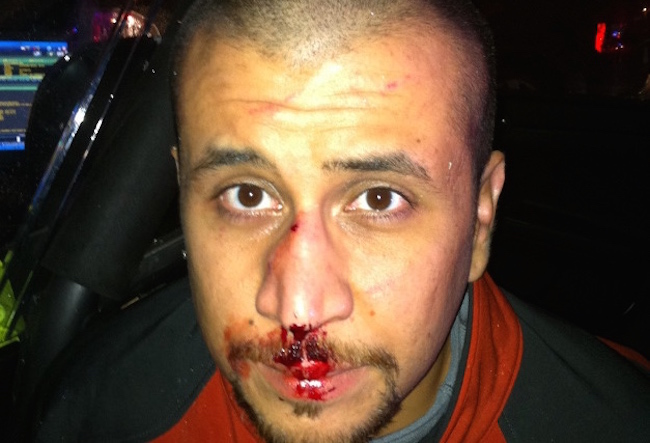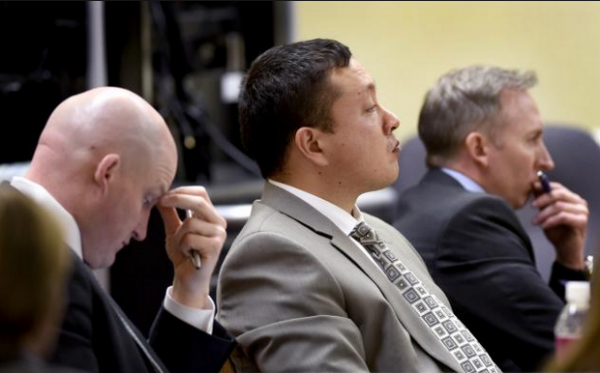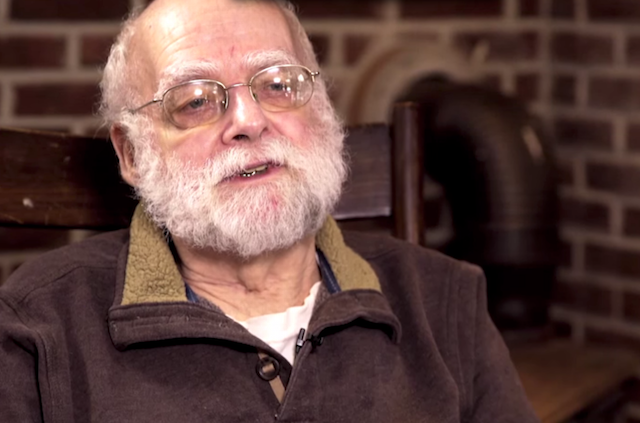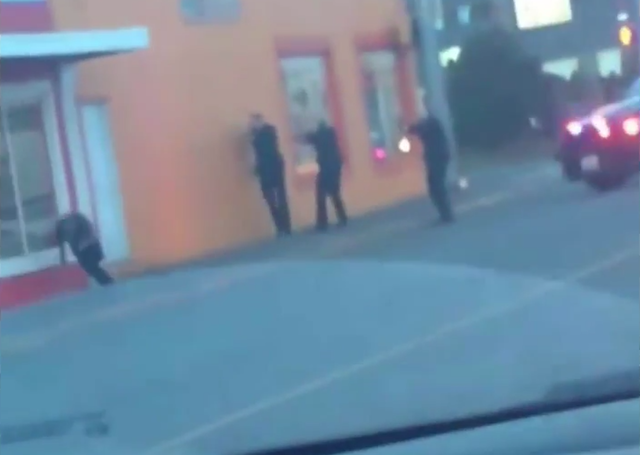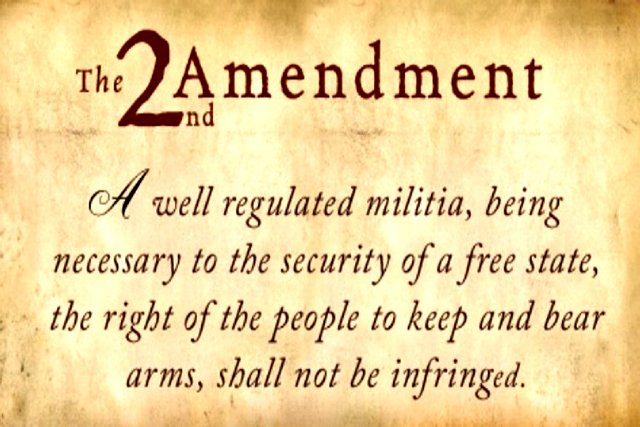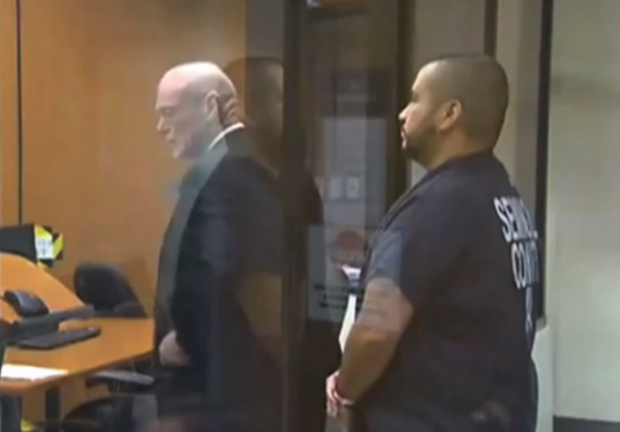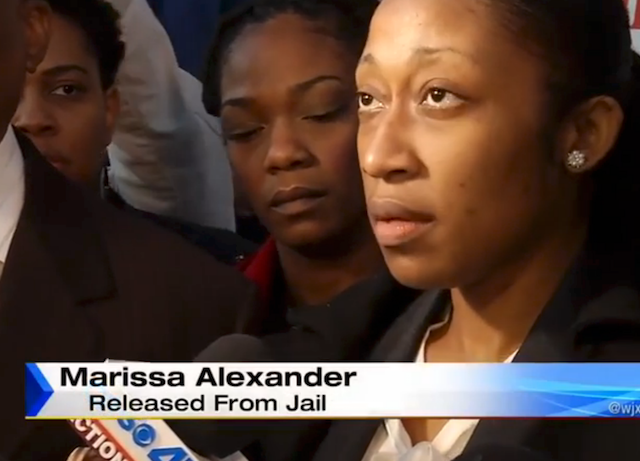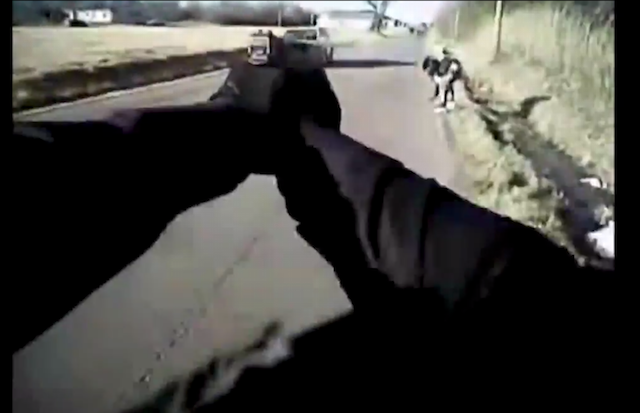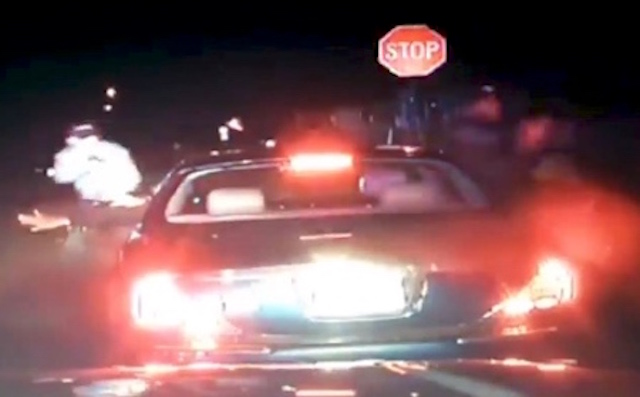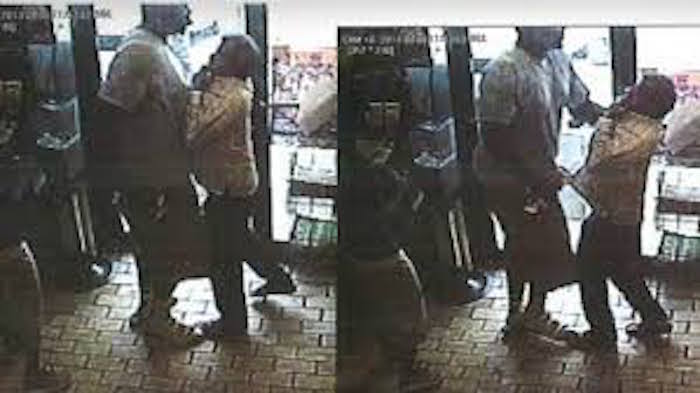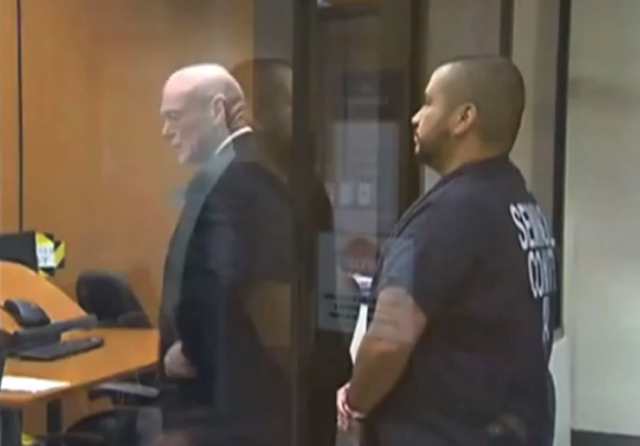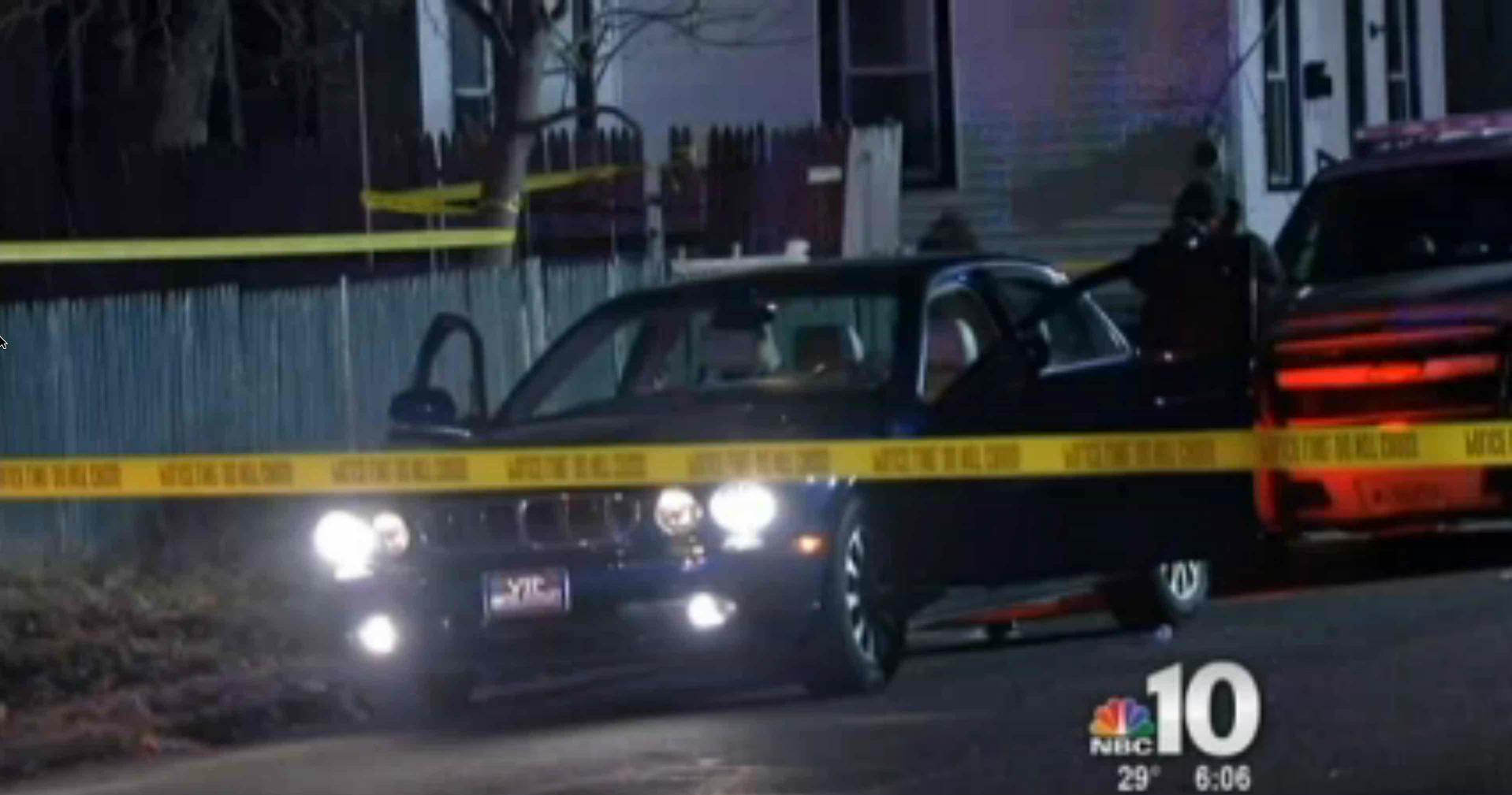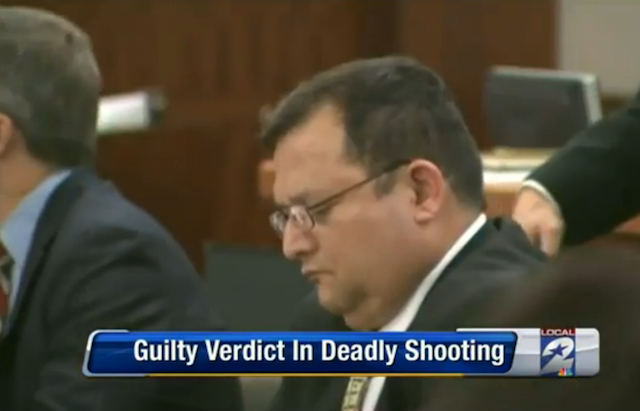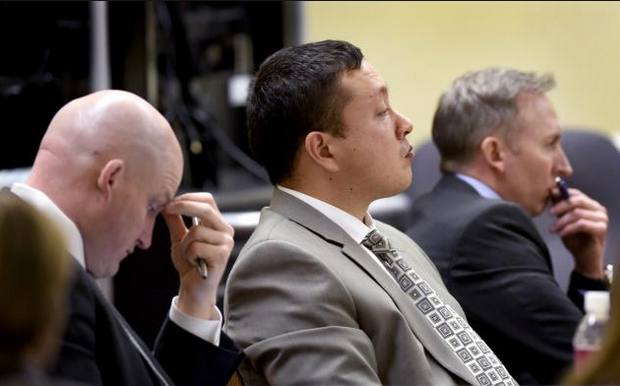Author: Andrew Branca
Andrew Branca
Andrew F. Branca is in his third decade of practicing law in the Commonwealth of Massachusetts. He wrote the first edition of the "Law of Self Defense" in 1997, and is currently in the process of completing the fully revised and updated second edition, which you can preorder now at lawofselfdefense.com. He began his competitive shooting activities as a youth in smallbore rifle, and today is a Life Member of the National Rifle Association (NRA) and a Life Member and Master-class competitor in multiple classifications in the International Defensive Pistol Association (IDPA). Andrew has for many years been an NRA-certified firearms instructor in pistol, rifle, and personal protection, and has previously served as an Adjunct Instructor on the Law of Self Defense at the SigSauer Academy in Epping, NH. He holds or has held concealed carry permits for Massachusetts, Connecticut, Rhode Island, New Hampshire, Maine, Pennsylvania, Florida, Utah, Virginia, and other states.
Dunn Juror Doubles Down on Premeditation Standard
MT Man Who Baited, Killed German Student Gets 70 Years
Markus Kaarma, 30 years old, is not eligible for parole until 2035...
Retribution? ATF Bans Common Rifle Ammo
Charged or Not? MA Woman Shoots Attackers Who Kicked in Door
VIDEO: Retired Teacher Faces 10 Years for Flintlock Possession
VIDEO: WA Police Kill Man Throwing Stones at Cars, Officers
Federal Court: Handgun Transfer Ban Unconstitutional
Charges dropped against George Zimmerman in alleged wine bottle assault
Marissa “Just a Warning Shot” Alexander Released From Jail
Body Cam Video may exonerate white OK officer in shooting black suspect
VIDEO: Dashcam captures NJ police shooting of black man
Reports say DOJ won’t bring #Ferguson civil rights charges
The Justice Department has begun work on a legal memo recommending no civil rights charges against a white police officer in Ferguson, Mo., who killed an unarmed black teenager in August, law enforcement officials said. That would close the politically charged case in the shooting death of 18-year-old Michael Brown. The investigation by the F.B.I., which is complete, found no evidence to support civil rights charges against the officer, Darren Wilson, the officials said.Let no one allege that the U.S. Attorney General Eric Holder didn't allocate sufficient resources to uncovering any possible trace of misconduct by Wilson. The Times report notes:
Federal investigators interviewed more than 200 people and analyzed cellphone audio and video, the law enforcement officials said. Officer Wilson’s gun, clothing and other evidence were analyzed at the F.B.I.’s laboratory in Quantico, Va. Though the local authorities and Mr. Brown’s family conducted autopsies, Mr. Holder ordered a separate autopsy, which was conducted by pathologists from the Armed Forces Medical Examiner’s office at Dover Air Force Base in Delaware, the officials said.Despite these resources, the DOJ was unable to find any evidence whatsoever to suggest that Darren Wilson violated anyone's civil rights:
Deja Vu: George Zimmerman Charged with Aggravated Assault
Bridgeton, NJ: Another Alleged “Hands Up” Police Killing of Black Man
Is there a Constitutional right of self-defense against attacking animals?
"Bad Cases Make for Bad Law"
All the legalese aside, the decision could well be an interesting read even to non-lawyers for reasons unmentioned by Professor Volokh, and that is because it illustrates the truth of the adage, "Bad cases make for bad law." It seems inarguable that a person would have the legal right to defend himself against an unprovoked attack, regardless of the form--human aggressor, attacking animal, rampaging zombie, whatever. Yet at the trial the prosecution made precisely the argument that Washington state's self-defense laws applied only to a human attacker, and not to an animal attacker, and that therefore the defendant's request for a self-defense instruction should be denied. Notably, this was an argument centered on what jury instructions were to be read, so it was made directly to the trial judge as a single individual, and not to the jury generally, so the prosecution needed to convince only one mind to agree.New Trial for Man Who Video Recorded Own “Self-Defense” Shooting
GUILTY: Montana Homeowner Who “Baited” Intruder Convicted
Donations tax deductible
to the full extent allowed by law.
CONTRIBUTORS
- William A. Jacobson
Founder
- Kemberlee Kaye
Sr. Contrib Editor
- Mary Chastain
Contrib Editor
- Mike LaChance
Higher Ed
- Leslie Eastman
Author
- Vijeta Uniyal
Author
- Stacey Matthews
Author
- Jane Coleman
Author
- James Nault
Author
- Elizabeth Stauffer
Author
- Mandy Nagy
Editor Emerita
- Learn more about the Contributors


